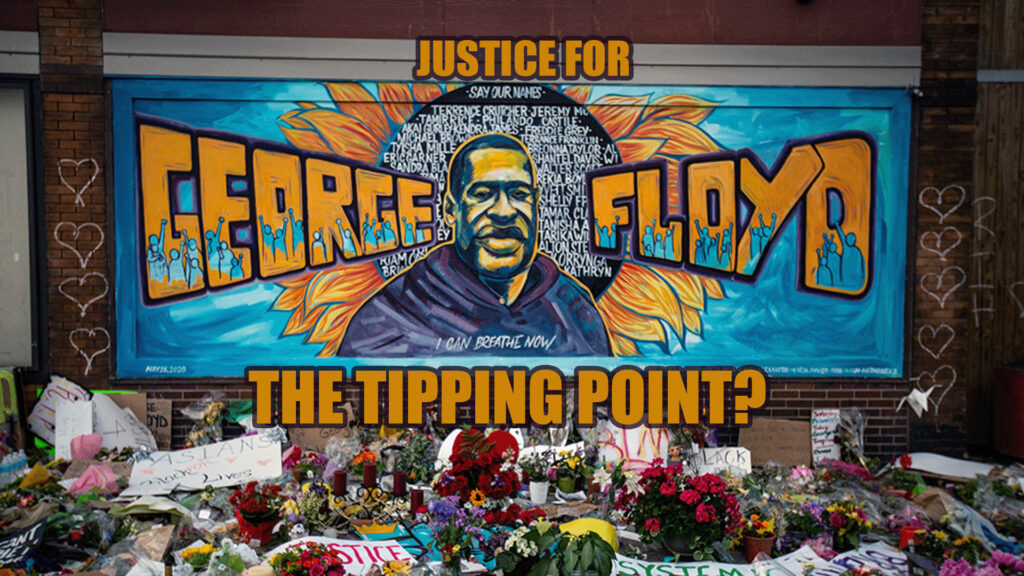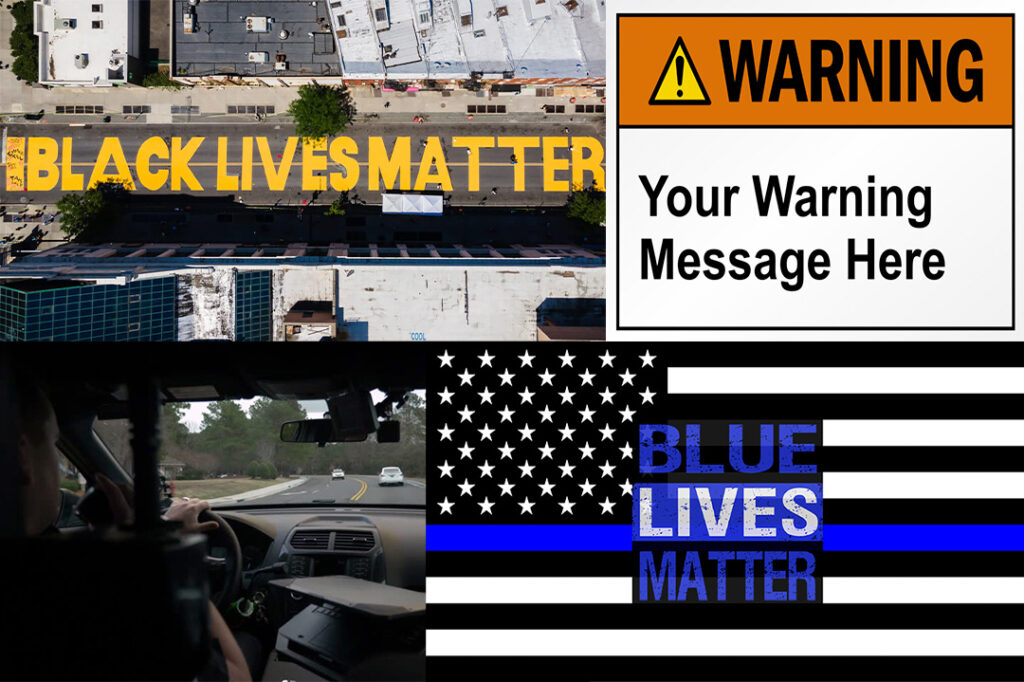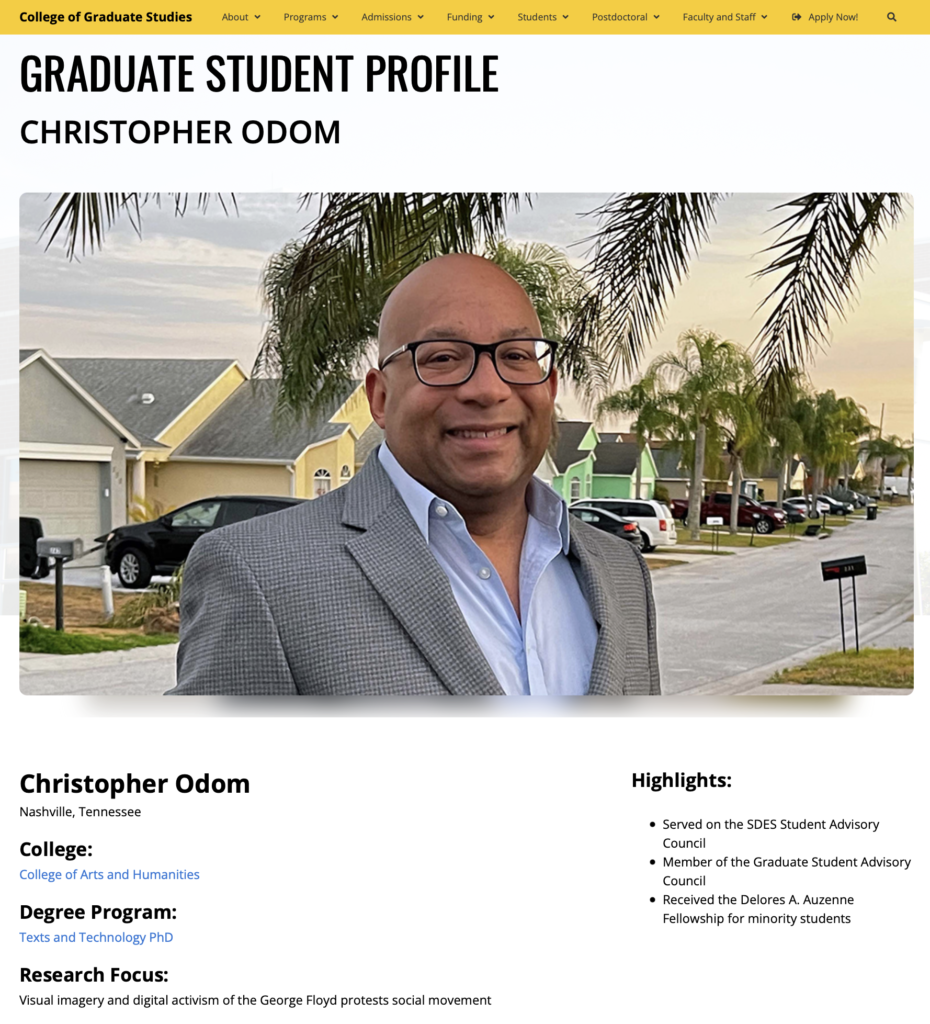
Through the lens of the justice for Gorge Floyd protests, my dissertation offers a critique, consultation, creation, and contribution to the visual imagery emerging from the digital activism of social movements. Built upon a foundation of counterpublics, critical race counterstory, counternarratives, the Black public sphere, rhetorical-cultural narrative, rhetorical-cultural memory, visual social semiotics, hashtag activism, and media framing and schemas, I engage in a rhetorical-semiotic-technocultural analysis of the justice for George Floyd protests, as a social movement. I position myself as a visual specialist artist, activist, academic, and advisor for social movements engaged in social justice and social change. I argue that culture, as moderator, traversed the rhetorical-semiotic-technocultural messaging of the visual imagery emerging from the digital imagery of the justice for George Floyd social movement which motivated global citizens to take to the streets to demand social justice and social change. Drawing upon the justice for George Floyd movement, I offer artists, activists, and academics ten activist strategic propositions for the preservation of the cultural narrative, memory, and history of social movements which may utilize visuality to withstand social movement backlash.


